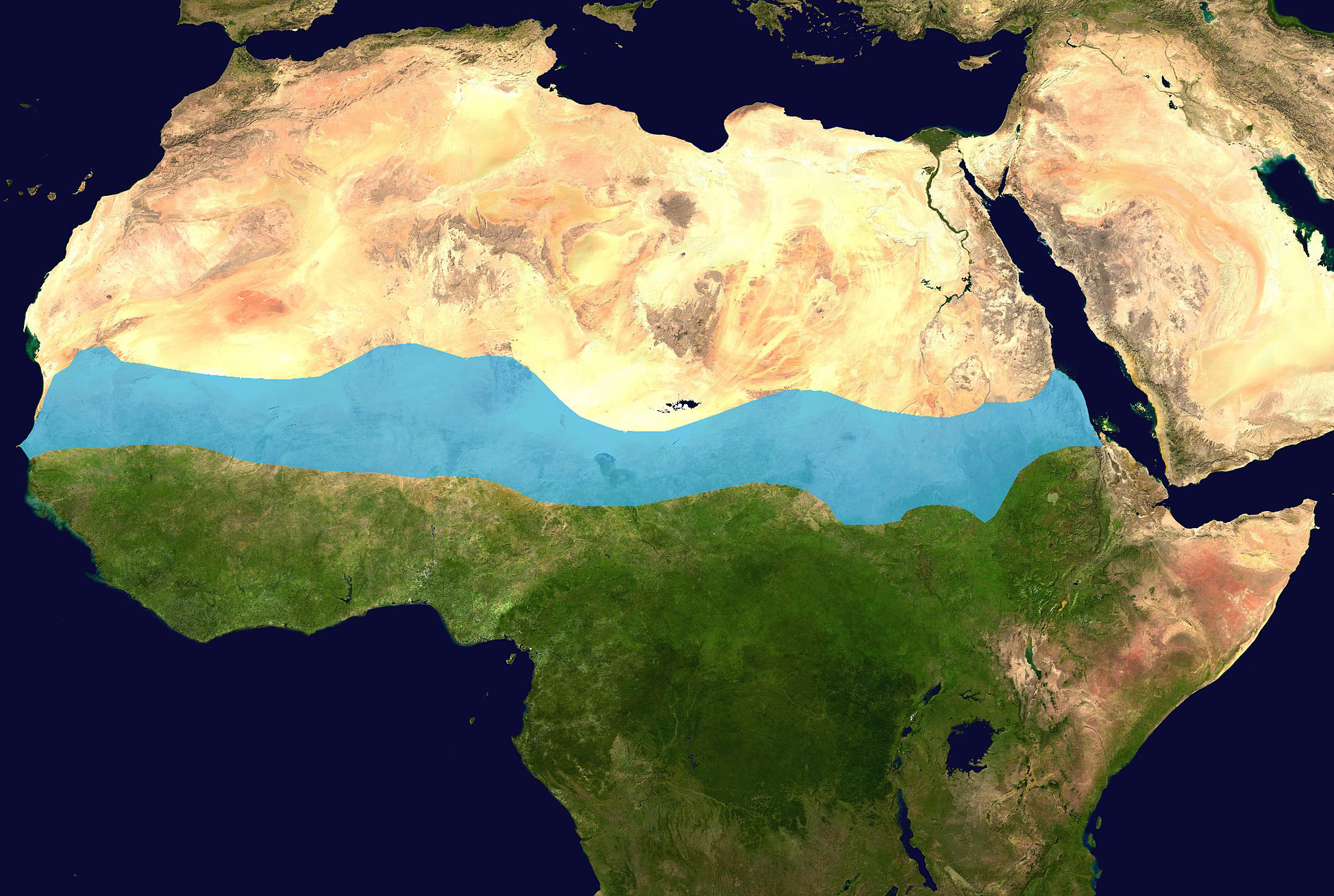Niger junta ends military relations with the United States

Map highlighting the Sahel region in Africa
Hailey Brown — The spokesman for the military junta that has ruled Niger for a year, Amadou Abdramane, took to television last week to announce the end of military relations with the U.S., after a visit by three top-level U.S. officials. The United States maintains a drone base and over 1,000 soldiers in the country, which Abdramane said, “is illegal and violates all constitutional and democratic rules.” The shifting relations leave potential gaps in the United States’ material power, and reflect changes in Niger’s geopolitical code.
The United States operates military bases all around the world in order to bolster its material power, which takes into account the size and scope of military. The base in Niger is vital to U.S. oversight of the Sahel region in Africa, which poses a complex set of security threats due to the proliferation of violent extremist groups in the area. Another strategic consideration for U.S. military presence in Niger and throughout the region is maintaining greater material power than rivals like Russia. The dismantling of military relations comes on the heels of growing Russia-Niger relations, including a formal agreement between the two countries. Abdramane signaled that Niger’s relations with Russia have a greater history than relations with the U.S. He said that U.S. concern over their growth is an attempt to “deny the sovereign people of Niger the right to choose these partners and the type of partnership able to help it truly fight terrorism.” Niger’s actions both toward the U.S. and with Russia are evidence of its changing geopolitical code.
Geopolitical codes are like guidelines for country policy, factoring in alliances, enemies, and potential threats. Niger has showed its movement away from alliance with the U.S., instead toward Russia. These changes have been communicated through an emphasis on sovereignty, an attempt to persuade both their own citizens, and the world, that an alliance with Russia is better than an alliance with the U.S. The U.S. has tried to push back on this change, likely in attempts to maintain its own geopolitical code, which includes security against threats coming out of the Sahel region.
Image source: Flockedereisbaer, CC BY-SA 3.0 DE

